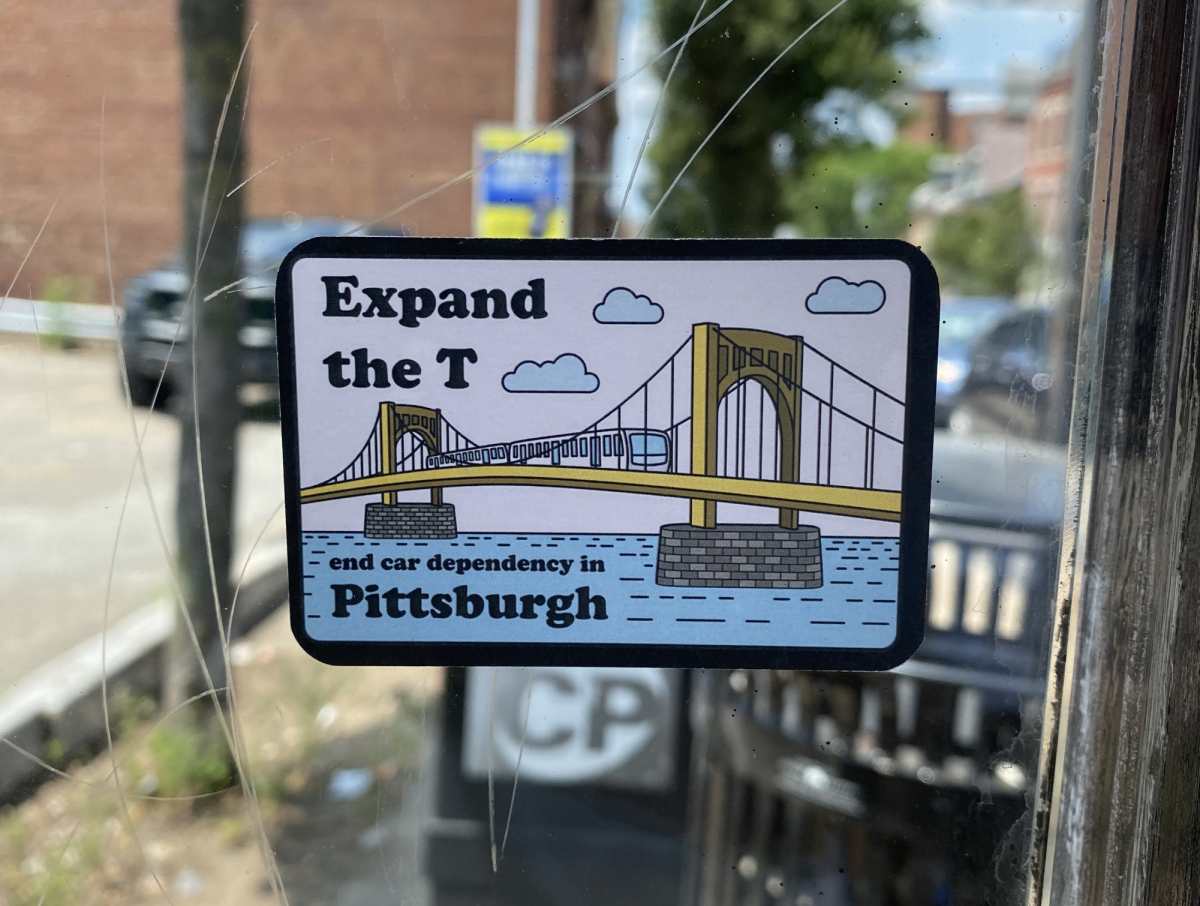Wal-Mart is the quintessence of American consumerism. Its tantalizing low-cost deals are enough to attract anyone with a tight budget, and its 24-hour Supercenters are the epitome of convenience. But looking past Wal-Mart’s affordable prices and cheerful smiley logo, one can get a glimpse of the grim side of this multi-billion dollar corporation.Wal-Mart’s latest corruption is already familiar to those who have been watching the news in the past couple of weeks. Ten years after six women in California filed a lawsuit against Wal-Mart for gender discrimination, arguments on both sides have been presented to the Supreme Court, and a decision is pending on whether the hearing should proceed as a class-action case or a series of individual cases in the lower courts. Some suggest that the case should be thrown out entirely, and many even speculate that the current conservative Supreme Court majority is likely to decide in favor of this.If we momentarily disregard what the practical decision might be, or what the quickest and most inexpensive route is, what remains is a question of ethics. When Wal-Mart’s practices are held up to the standards of human rights and equality in America, the company falls short, and that is an understatement.Although Betty Dukes, a 54-year-old Wal-Mart greeter, was the first woman to file a sex discrimination claim against the corporation in 2001, she knew she was not alone in her experience. She claimed that although she was a dedicated employee and had worked for the company for seven years, she was refused the opportunity to advance to higher positions that were readily offered to men. Women were also deliberately paid less than their male counterparts, who were performing the same jobs, she claimed. Although horrific, such behavior is hardly surprising to those who remember that Wal-Mart paid $6 million in punitive damages for discriminating against African-American truck drivers and workers with disabilities in 2001. Furthermore, the plaintiffs in the Dukes v. Wal-Mart Stores, Inc. case have reported that even though women make up more than 70 percent of Wal-Mart’s hourly workforce, only one-third of the company’s management in the past decade has consisted of women. If those claims are proven accurate in court, it would be difficult for Wal-Mart to provide a reasonable explanation for that occurrence. It is true that individual cases of women being turned down for leadership positions can be explained by reasons other than gender discrimination, but with such an overwhelming statistic, it seems suspicious that higher positions are not held by at least an even ratio of males to females.The irony of this case is that the number of women holding management positions within Wal-Mart has increased since the lawsuit was filed in 2001. Coincidence? I think not. Wal-Mart’s top executives, with their greedy dispositions, have surely realized their corporation will lose billions of dollars if it continues with such abhorrent practices. Discrimination of any sort in the 21st century United States is inexcusable, and many women, including myself, would love to see Wal-Mart forced to relinquish a sizable chunk of the wealth it has accumulated and placed into the hands of the deserving female workers who have received unequal treatment within the company.If this lawsuit does proceed as a class-action case, it will be the largest civil rights class action suit in U.S. history. Potentially 1.6 million current and former female Wal-Mart employees could be involved in the case and testify to the trend of gender discrimination in the corporation. According to Wal-Mart, however, the cases of these women are impertinent. Theodore Boutrous, a California-based attorney for Wal-Mart, claimed that if the Supreme Court allowed this case to proceed as a class-action case, as a result it would “expose virtually every company in America to huge, costly, baseless class actions.” Perhaps Mr. Boutrous’ failure to recognize the importance of this trial and lack of sympathy for the plaintiffs can be attributed to the fact that he is a man, so why should he be concerned with those silly women and their nagging requests for equal rights in the work force?Wal-Mart has also claimed that it would be unfair to group all of its branches together when each individual store has a different set of circumstances that may not be representative of the negative circumstances some women have experienced. Although this is a legitimate complaint, if Wal-Mart wants to involve itself in the business of fairness, it should have considered that before it chose to provide unequal wages to women or promote men with no management experience to leadership positions while women who have devoted a decade of their lives to serving Wal-Mart remain trapped in the same low-paying, dead-end jobs.If there is any moral to this lawsuit, it is that power and wealth do not grant the right to exploit. There is no excuse for depriving employees equal treatment in the workplace, and this is a lesson that Wal-Mart will likely have to learn the hard way.
April 19‘Burgh Bites: Subway









